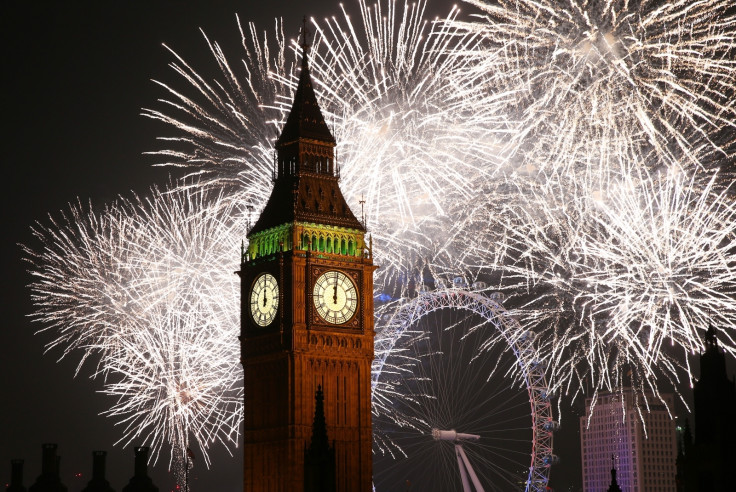Muslim cleric issues fatwa against 'un-Islamic' New Year celebration
"This is not legitimate in Islam," says the senior cleric of Darul Uloom, India while issues the decree.

In what could be described as a bizarre incident, a Muslim cleric in India has issued a fatwa over celebrating New Year on January 1. Maulana Mufti Tariq Quasmi, a senior cleric at the Madarsa Jamia Hussainia of Deoband, Asia's biggest seminary based in Saharanpur city of India, has asked the Muslim community in the country to abstain from New Year celebrations citing those as "un-Islamic".
According to the fatwa, wishing happy New Year to each other and cutting cakes to commemorate the beginning of another year is barred. "Our new year begins in the month of Moharram. We have no objection to people of other religion following such practices but Muslims, especially the youth, should avoid such things," says Quasmi.
"So those who believe in Islam and are Muslim should avoid participation in such celebrations keeping away from such practices," he added.
The Deoband Muslim seminary is infamous for issuing fatwas against pity issues in India. The Darul Uloom Deoband is the home of the influential Deobandi sect and has previously caused an uproar by banning Muslims from taking selfies and uploading pictures on social media sites including Facebook, Twitter, and Instagram. Before that, it barred Muslim women from cutting their hair, plucking their eyebrows and wearing jeans.
"Muslim women should stay away from beauty parlours as Islam does not permit them to have make-up attracting other male members. Like Muslim men are not allowed to shave under Islam, eyebrow trimming, hair-cutting and make-up like wearing lipstick, etc is also banned," Darul Ifta Maulana L. Sadiq Qasmi said at that time.
The diktat came days after a right-wing Hindu association slammed the celebration.
"According to Hindu Shastras, our new year begins on the first day of Navaratri in the Chaitra month. Our new Nav Vikram Savant (new year) begins on that day and this is also mentioned in the government records", Satendra Sharma, a Hindu scholar from the Ma Shri Tripur Bala Sundari Mandir Seva Trust of Deoband said.






















